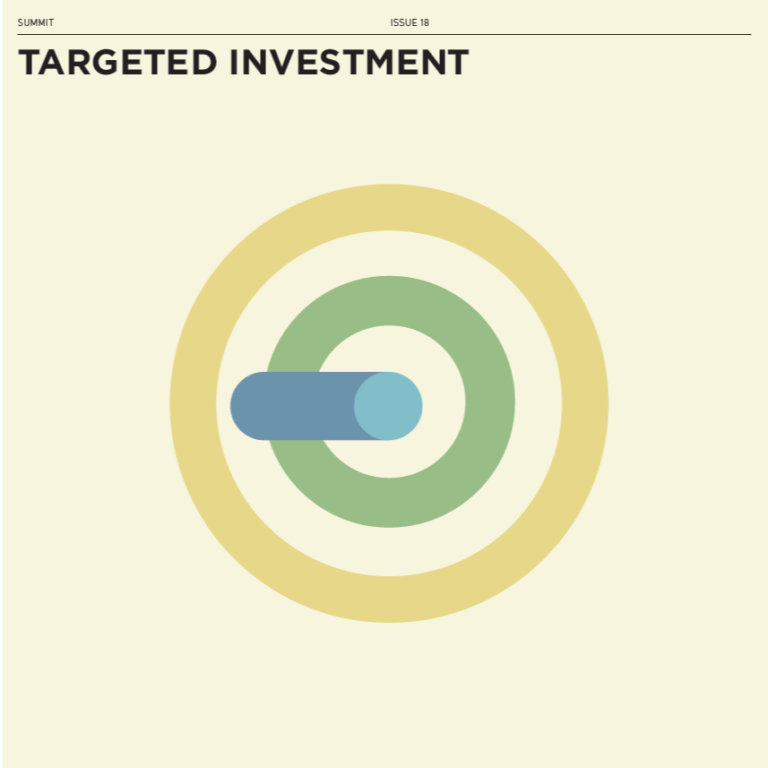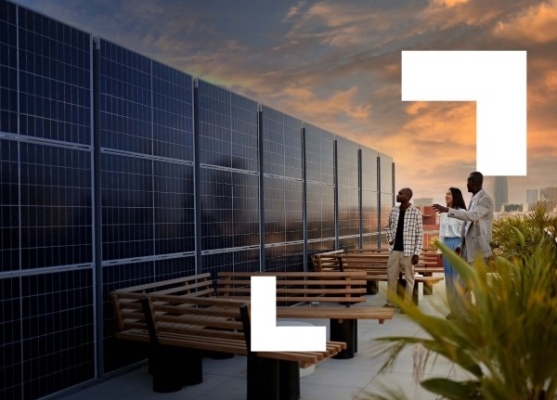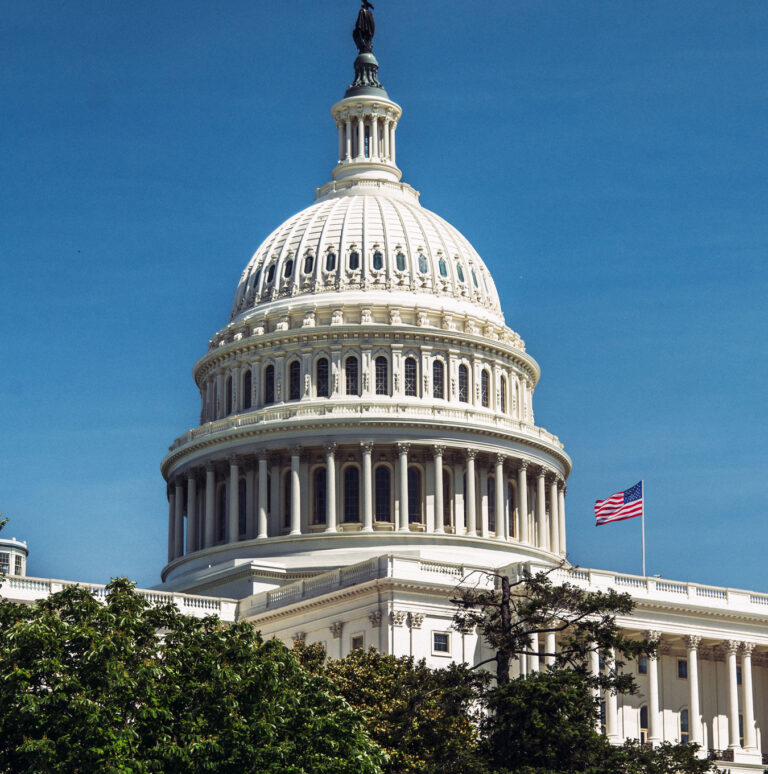-
In 2016 LaSalle added “E” or Environmental factors to the demographics, technology and urbanization (DTU) set of secular forces real estate investors need to focus on for delivering positive long-term performance. As with other secular forces the “E-factors” are long-term in nature and live beyond the cyclical market shifts that drive near-term performance.
The early nature of the decarbonization process—both pledges and regulation—creates risks and opportunities. Catching a secular trend too early or too late in its trajectory are both risky. Our view is to move carefully and deliberately to mitigate portfolio risk and maximize returns. The net zero carbon (NZC) movement will impact different markets and segments at different points in time. The most important lesson is to pay close attention to how the trend affects specific projects and investment decisions.
Want to continue reading?

Jul 07, 2025
Targeted investment: Untangling the building and the grid
Rethinking how sustainability can drive environmental impact and financial performance for investors.



